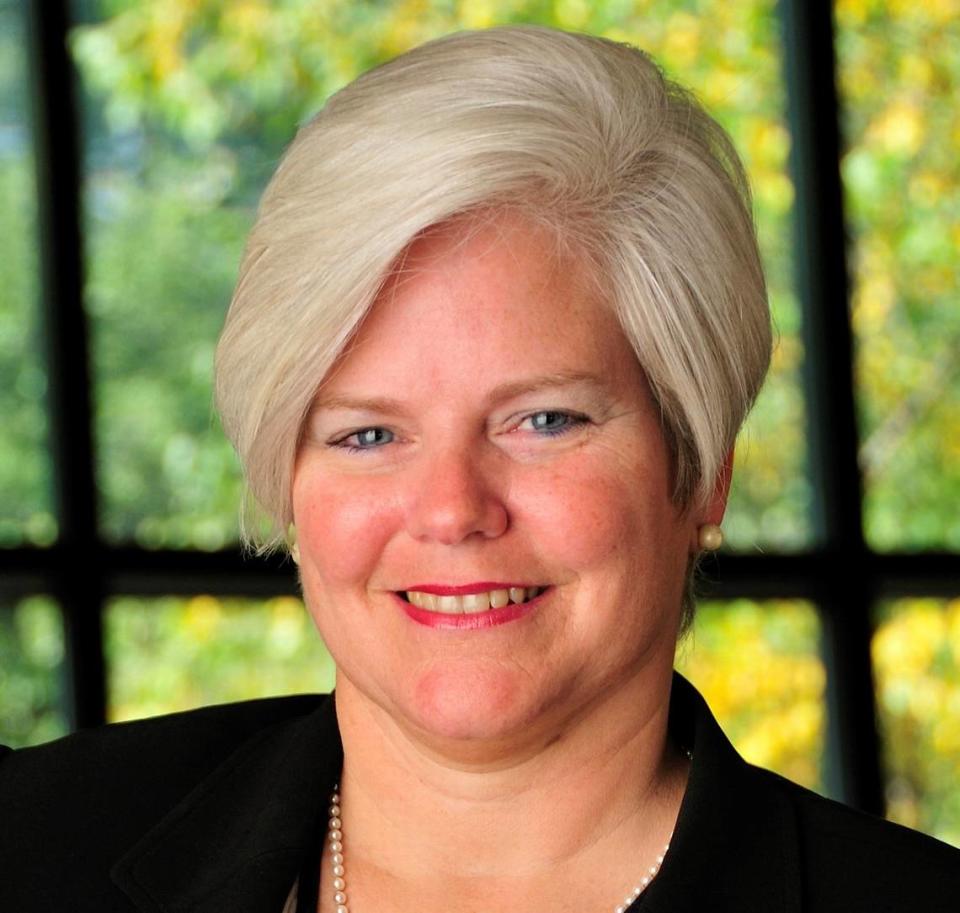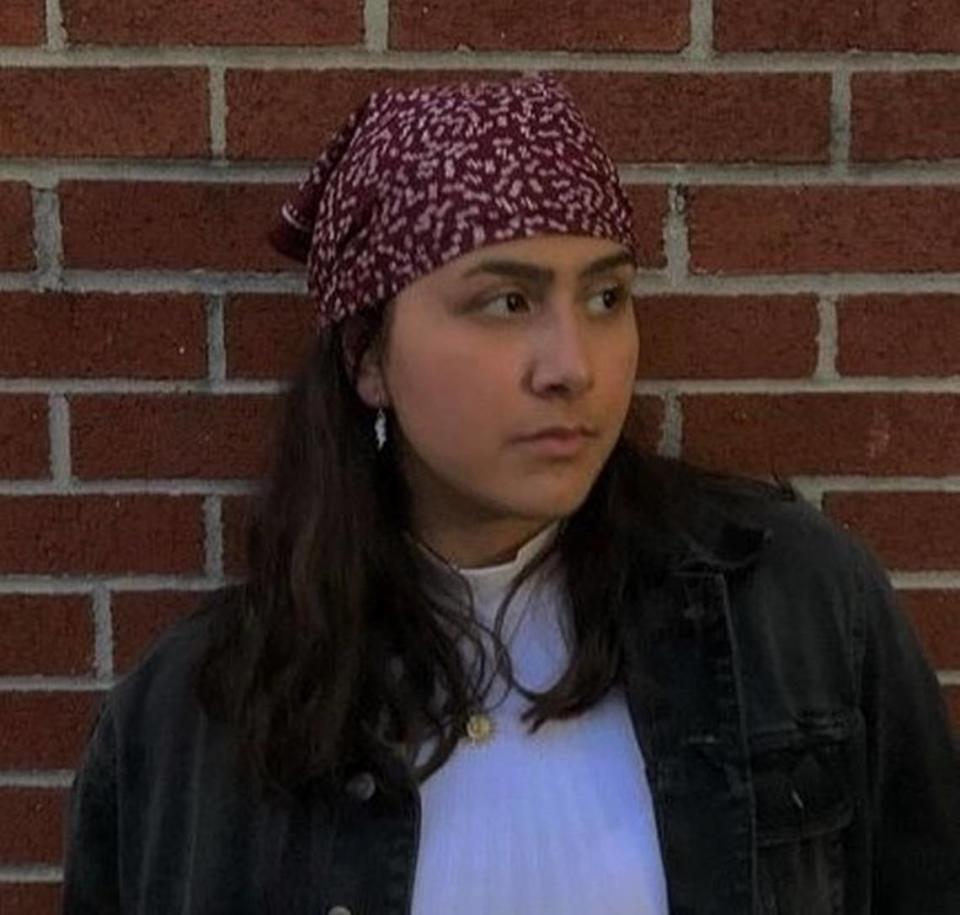Making rural electric co-op customers help pay to expand NC broadband is unfair
Welcome to NC Voices, where leaders, readers and experts from across North Carolina can speak on issues affecting our communities. Send submissions of 300 words or fewer to opinion@newsobserver.com.
Expand broadband without burdening rural customers
Statewide broadband access is critical to the success of rural communities and our state as a whole, and I’m grateful that more than $140 million in state and federal funding has been awarded to large cable providers and others to connect unserved and underserved rural residents in our state.
As this funding creates a new market for broadband providers in rural communities, we must reject efforts by for-profit special interests that would unfairly raise costs for North Carolina’s rural consumers.
Following lobbying efforts by a Fortune 100 company that received federal funding, legislation was recently filed in the North Carolina General Assembly that would push new costs to not-for-profit electric co-ops — and their members — for updating utility poles for new broadband infrastructure.
This proposed policy is wrong.
Rural co-op members should not be expected to subsidize broadband deployment costs, especially after more than $140 million in funding was previously awarded for this very purpose.
Electric cooperatives support rural broadband. The legislation should be revised to delete language that would unfairly shift costs to rural co-op members. This will ensure unserved consumers receive broadband without driving up co-op members’ electric bills.
As not-for-profit, community-owned organizations, electric cooperatives remain focused on keeping costs as low as possible for members and supporting efforts that bring opportunity and prosperity to our communities. Deploying broadband is no exception.
We will continue to work with policymakers and those who are deploying broadband to ensure that access is expanded to our entire state, while advocating against policy changes that could burden rural consumers with unfair costs.
Nelle Hotchkiss,
Senior vice president and COO, N.C. Electric Cooperatives. Board member, N.C. Rural Center

Homophobia that I see, experience locally must end
It’s no surprise that businesses continue to try to cover up blatant homophobia. It happens to many same-sex couples when they simply try to engage their right to marry the person they love.
It happened years ago in Masterpiece Cakeshop v. Colorado Civil Rights Commission when a same-sex couple was denied a wedding cake and sued the bakery for discrimination.
And it happened last month in my N.C. hometown. I thought these outdated and discriminatory values were a thing of the past, but I was wrong.
In April, the Highgrove Estate wedding venue in Fuquay-Varina came under fire for denying a same-sex couple the opportunity to get married there. In response, the venue said it chooses not to host same-sex marriage ceremonies. Rightfully so, the couple shared this news with friends and Highgrove Estate’s Instagram was soon filled with comments criticizing its decision.
I can already hear the age-old argument many will offer to defend this wedding venue: “Well it’s their business! That’s their right!”
While this tired argument holds some accuracy, it doesn’t always hold up well in court.
North Carolina law does not protect people based on their sexual orientation from discrimination in education, employment, housing, credit or public accommodations, including a service by a business. But I believe businesses that are open to the public should not discriminate against someone’s sexual orientation, which is not a choice.
As a Fuquay-Varina resident I have unfortunately seen an abundance of homophobia. I’ve experienced it. My hope in writing this is to bring light to the issue of homophobia that lies within many businesses to this day. It must end.
Mariana Fabian, Fuquay-Varina


